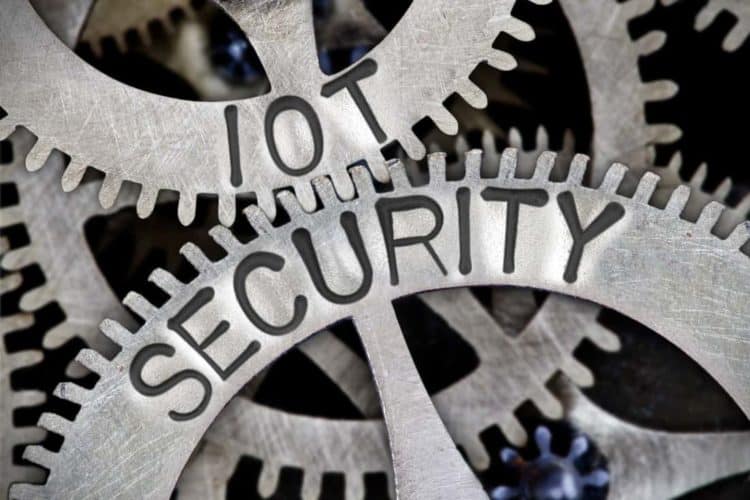IoT security services will reach US$16.8 billion by 2026 with focus primarily around secure device management, network security, secure data hosting, over-the-air device management and firmware updates, according to a latest research by ABI Research.
“The fervent expansion of IoT communications and interconnected assets has become a rather attractive target for cyberattacks, which have been increasing in intensity and sophistication with each passing year,” said Dimitrios Pavlakis, digital security analyst, ABI Research.
“Additionally, since the onset of the COVID-19 pandemic IoT connectivity, digitisation and automation demands have risen sharply for most end-markets while digital security services struggled to maintain IoT operations under overburdened IT infrastructures for Operational Technologies (OT) assets,” he added.
However, he pointed out that these realisations alone did not sway the perspective of many IoT players who still chose to forego security across a wide range of IoT applications, mainly industrial, infrastructure, healthcare and other OT-heavy markets.
What did work in favour of the security ecosystem, however, is that organisations honing their IoT monetisation strategies have finally started to acknowledge digital security as an integral part of a healthy ROI over time and reliable management of IoT assets.
“The lackluster state of digital security in IoT is not a new thing and we certainly have a long way to go before reaching a sufficiently optimized ecosystem,” said Pavlakis. “But having asset management, security investments and IoT monetisation strategies as part of the same equation is certainly a most welcome change. Service providers for both cloud and on-prem deployments should take heed, adapt and greatly expand their service portfolio in order to better serve their clients.”
IoT security offerings across device, network, application and data services all feature unique scalable, albeit variable, traits which differ across end-markets. Cloud and communication security, secure device provisioning and management, secure data hosting and storage, secure OTA (over-the-air) management and firmware updates are among the key applications that are expected to receive a significant revenue boost over the next five years.
ABI Research said that with cloud computing still being one of the most dominant factors in IoT security, leaving cloud powerhouses like Microsoft Azure, AWS, and Google Cloud and intelligence-focused vendors like IBM and Cisco to attract the market spotlight.
However, IoT security has allowed other innovative vendors like Cipher, ControlScan, Alert Logic to enable the transition of IT security tools into the IoT and attract increased attention.
“Developing new IoT security monetisation features, accommodating flexible and scalable pricing models, and formulating future-looking KPIs should be some of the top strategic priorities for IoT security vendors,” Pavlakis said.



